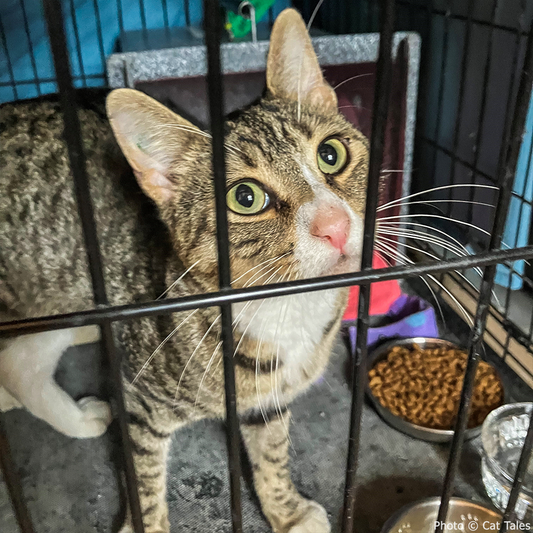'Hey, He Got More Than Me!' Do Animals Get Jealous?
Michelle Milliken
Pixabay / Elmer L. Geissler
When a human sees someone else get a bigger – or better – piece of the pie, we can get a little jealous or upset that it isn’t fair. Do animals do something similar? A new study aimed to find out.
A meta-analysis recently published in Proceedings of the Royal Society B looked at 23 studies on “inequity aversion” in 18 different species to see how they react to things like unequal resource distribution. It’s long been suggested that inequity aversion is a trait unique to humans because sharing things fairly is an expectation in our societal groups and important to keeping them intact.

Oded Ritov, the study’s first author and PhD candidate in UC Berkeley’s Department of Psychology, says that some studies have indicated other animals may have this trait, too, though these studies tend to be of smaller sample sizes and consist of tests that are harder to replicate. He wanted to gather as much data as possible to look for patterns.
What were the findings?
Ritov says, “We can’t make the claim that animals experience jealousy based on this data. If there is an effect, it’s very weak and might show up in very specific settings. But it’s nothing like what we see in humans in terms of our deep-seated sense of fairness.”
The research largely involved observing how animals reacted when desired foods were given to other individuals, meaning they missed out on a treat they might like.

There were often reactions to this, but Ritov says the analysis suggests they weren’t due to jealously, but rather to food disappointment. They’d been expecting something they’d gotten in the past but ended up with something else. This was found in all species that were studied.
The paper suggests that other animals may not have the cognitive capabilities necessary to analyze long-term treatment differences between themselves and others and determine if they’ve been wronged.
Ritov explains, “We think that the rejections are a form of social protest. But what animals are protesting isn’t receiving less than someone else. Rather, it seems like they’re protesting the human not treating them as well as they could.”

However, they can’t rule out that some species may yet show these characteristics in the right conditions.
You can read more on the study here.
Michelle has a journalism degree and has spent more than seven years working in broadcast news. She's also been known to write some silly stuff for humor websites. When she's not writing, she's probably getting lost in nature, with a fully-stocked backpack, of course.




















